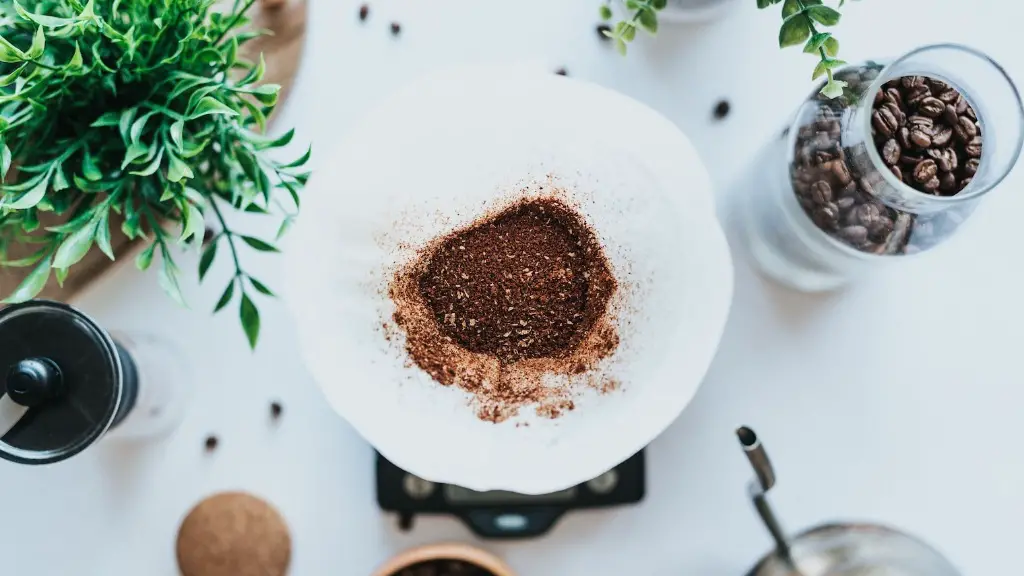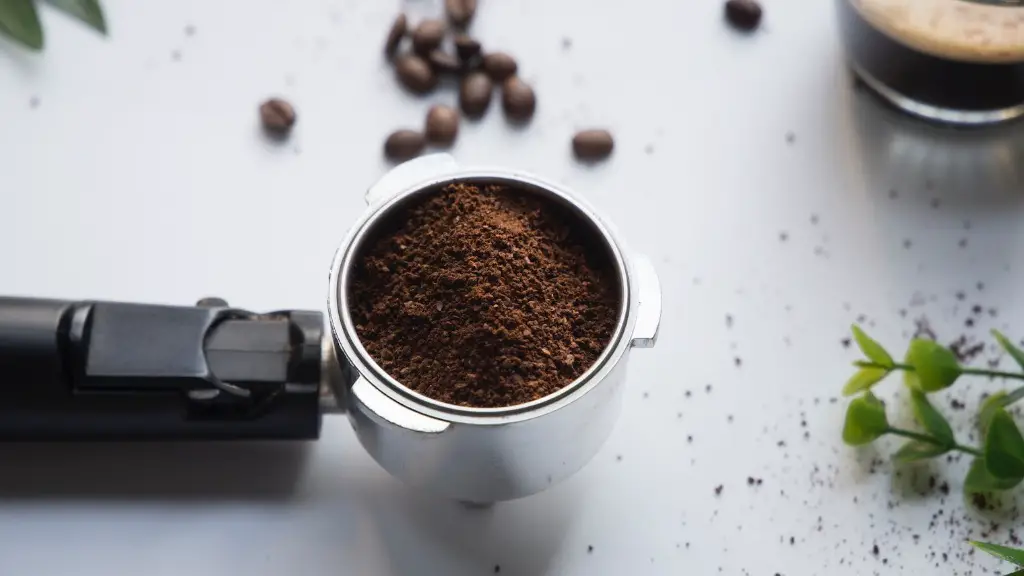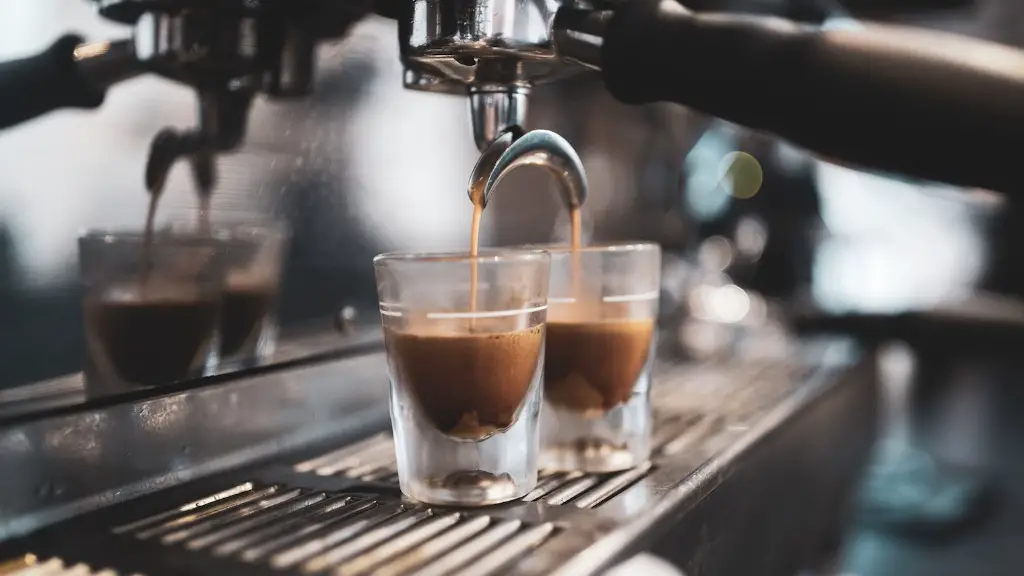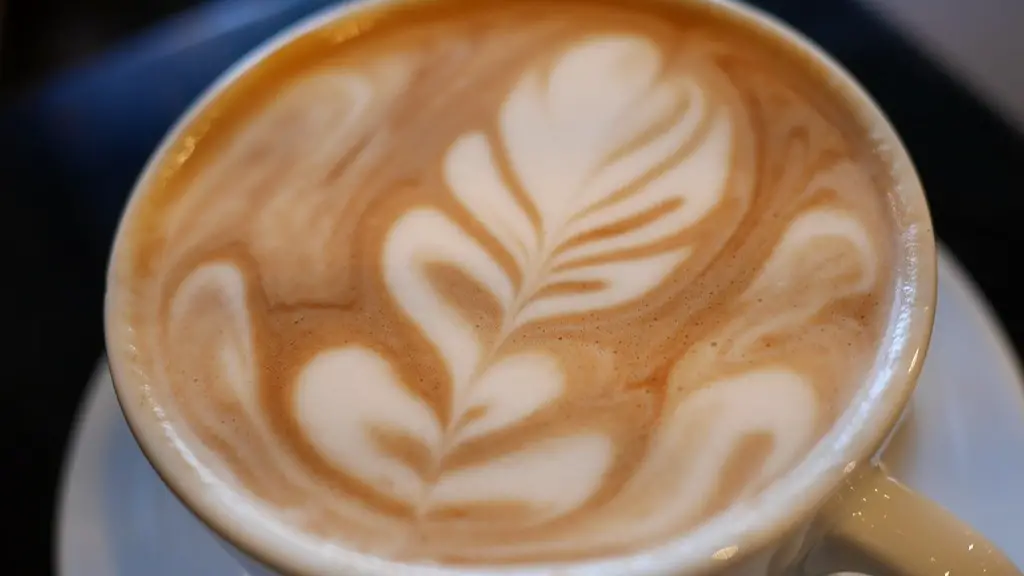Can I Drink Coffee After a Teeth Cleaning? When it comes to drinking coffee after a teeth cleaning, opinions vary among people and even professionals. On one hand, drinking coffee is known for staining teeth, but on the other hand there are plenty of benefits to drinking coffee. While it is okay to drink coffee after a teeth cleaning, it is important to keep in mind that preventive measures should still be taken in order to protect your teeth.
Coffee, which contains tannins and caffeine, can stain teeth if it is consumed frequently. When tannins come into contact with teeth, they can easily bond to the enamel and darken it. This is why it is important to brush teeth after every cup of coffee consumed. Even after a teeth cleaning, if coffee is still being consumed, preventive measures should still be taken.
Besides, if too much coffee is consumed, this can lead to dehydration due to the diuretic properties in coffee. Dehydration, in turn, can affect the production of saliva which is responsible for protecting the teeth and washing away bacteria. And if bacteria is allowed to linger on the teeth, it can cause cavities and plaque buildup.
The acidity of coffee can also damage the enamel and create an ideal environment for bacteria to survive. Because of this, it is recommended that a cup of coffee is consumed along with a source of calcium such as dairy product, fruit or vegetable. Calcium helps to neutralize the acidity of coffee and also helps to rehydrate saliva which can help to protect the teeth.
For those who choose to consume coffee after a teeth cleaning, it is important to use a straw and drink the coffee quickly. This can help to reduce the amount of contact the coffee has with the teeth which reduces the risk of staining. It is also important to limit the amount of cups consumed in a day and to brush teeth thoroughly after each cup.
In the end, it comes down to personal choice as to whether or not someone should drink coffee after a teeth cleaning. If someone wants to drink coffee, preventive measures should still be taken in order to protect the teeth. And if the amount of coffee consumed is not limited and preventive measures are not taken, then it may be best to wait a while before drinking coffee to give the teeth time to recover.
Pros and Cons of Drinking Coffee After Teeth Cleaning
The pros and cons of drinking coffee after a teeth cleaning should be taken into account before consumption. On the one hand, coffee can help to reduce inflammation and can also aid in digestion and even help to keep teeth and gums healthy. On the other hand, drinking coffee can also cause stains and erosion of the enamel which can lead to cavities and plaque buildup.
In terms of preventing stains, using a straw and brushing teeth directly after consumption can help. This can prevent coffee from coming into contact with the teeth and therefore reduces the risk of staining. Additionally, if some calcium is consumed with the coffee, this can also help to reduce the risk of staining as calcium will help to neutralize the acids and rehydrate the saliva which can help to protect the teeth.
Furthermore, drinking coffee can also come with other benefits. Coffee can help to reduce inflammation and can even help to improve mood. Additionally, coffee can also help to keep teeth and gums healthy as the caffeine can help to strengthen the gums and the antioxidants in coffee can help to reduce inflammation.
In the end, the pros and cons of drinking coffee should be weighed before consumption. For those who choose to drink coffee after a teeth cleaning, preventive measures should be taken to protect the teeth.
Timing
In terms of timing when it comes to drinking coffee after a teeth cleaning, opinions vary. Some people advocate for waiting several days, while others argue that waiting too long can actually cause a person to crave coffee even more.
When it comes to drinking coffee after a teeth cleaning, it is important to keep in mind that preventive measures should be taken in order to protect the teeth. For those who choose to drink coffee after a teeth cleaning, it is important to use a straw and to brush teeth directly after consumption. Additionally, if some calcium is consumed with the coffee, this can help to reduce the risk of staining.
For those who choose to drink coffee, it is best to wait a few days after a teeth cleaning in order to give the teeth time to recover. Additionally, it is important to limit the amount of coffee consumed and practice preventive measures in order to protect the teeth.
Health Risks
When it comes to consuming coffee after a teeth cleaning, there are several health risks that should be taken into consideration. The most notable health risks include staining, erosion and dehydration.
Staining is probably the biggest risk when it comes to drinking coffee. Coffee is known for staining teeth due to its tannin and caffeine content. When tannins come into contact with teeth, they can easily bond to the enamel and darken it. This is why it is important to brush teeth after every cup of coffee consumed.
In addition to staining, coffee can also cause erosion. The acidity of coffee can damage the enamel and create an ideal environment for bacteria to survive. This can lead to tooth decay and cavities. Furthermore, the diuretic properties in coffee can also lead to dehydration. Dehydration can affect the production of saliva which is responsible for protecting the teeth.
For those who choose to drink coffee after a teeth cleaning, it is important to take preventive measures in order to protect the teeth and reduce the risk of health risks. Preventive measures include using a straw and brushing teeth directly after consumption. Additionally, if calcium is consumed alongside the coffee, this can help to reduce the risk of staining.
Alternatives
For those who want the benefits of coffee without the risks, there are several alternatives available. The most common alternatives include tea, decaffeinated coffee, and herbal coffee.
Tea is a great alternative to coffee as it contains antioxidants, can help to reduce inflammation, and can even help to improve mood. Herbal coffee is another great alternative as it contains all the benefits of regular coffee without the caffeine and other compounds which can damage the enamel. Decaffeinated coffee is also a great alternative as it still provides the same benefits as regular coffee without the risks.
In the end, it is important to take the risks and benefits into account before consumption. If someone does choose to consume coffee after a teeth cleaning, preventive measures should be taken in order to protect the teeth. Additionally, there are also several alternatives available if someone does not want to consume coffee.





